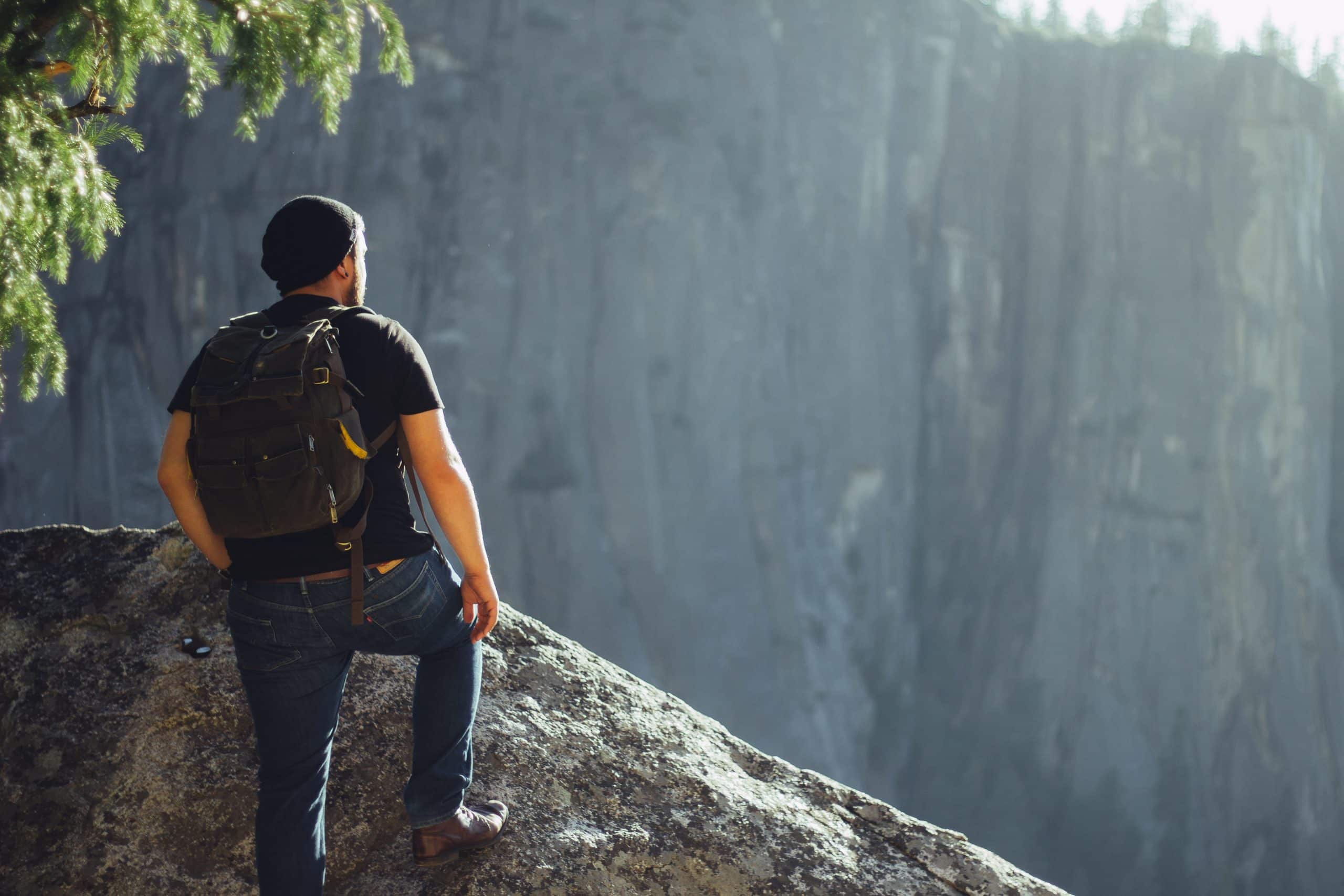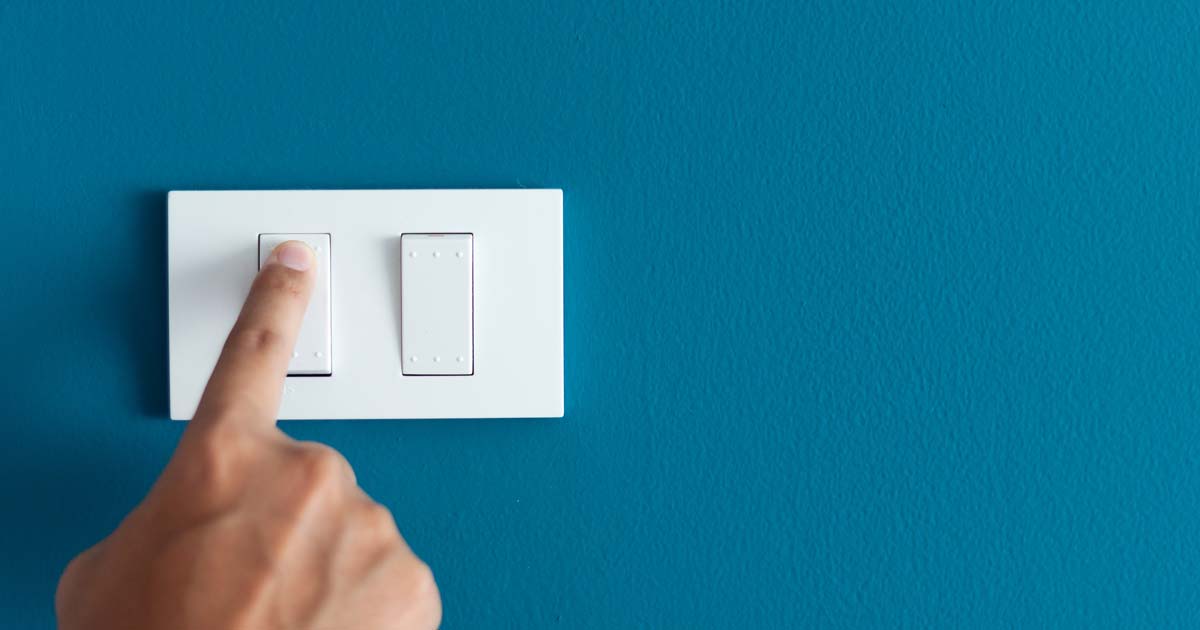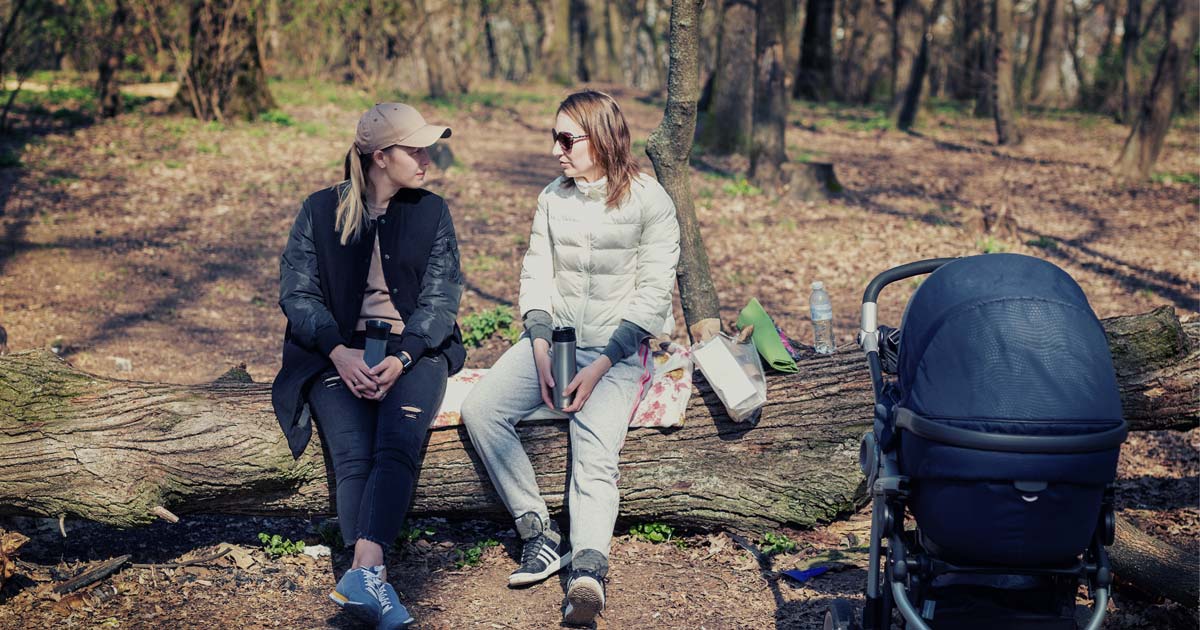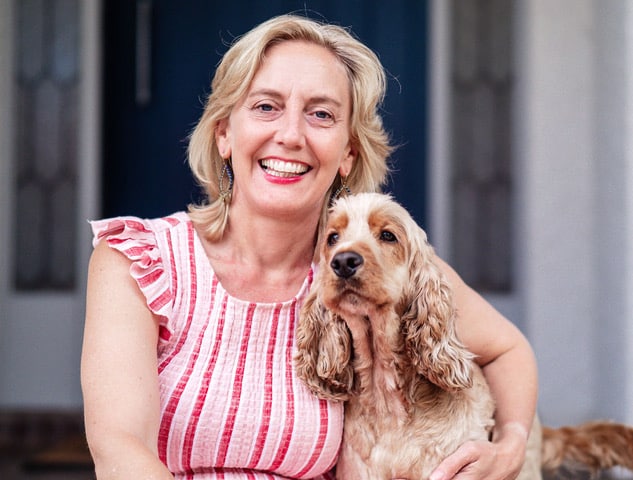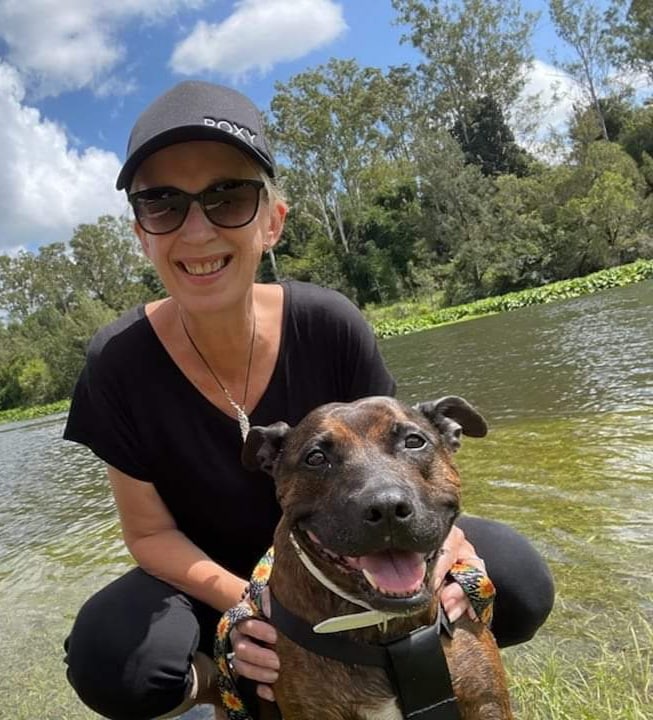We’d like to share a story from one of our members.
A very personal and moving story from one of our Hello Sunday Morning’s Kozi Moonlight Adventure participants! In this week’s blog, we sit down with Shea Steinkellner. Shea talks about his own personal journey with alcohol, grief and the pain and challenges of caring for a parent (as an adult) who had alcohol dependencies.
As we are taking a closer look at the impact a loved one’s drinking can have on a family for this week’s blog, we would like to give a heads-up to those who have lost a loved one due to alcohol or who are currently going through it. If this is you, we suggest that maybe you might want to give this blog a miss.
“Janet, your liver is now functioning at 10 per cent. If you continue to drink alcohol, there will be little we can do to help you.”
Whack! At least that’s what my body felt. My mum, however, didn’t flinch. It was as if she hadn’t even heard this brutal summary from her gastroenterologist. I hoped the enormity of this information would eventually sink in, and that Mum would finally see what was so clearly obvious to the rest of us – that she needed to stop drinking.
After we became aware of the seriousness of Mum’s dependency on alcohol, she would do multiple spells in detox and rehab, at various facilities across Melbourne, Australia. Each stint brought fresh hope of finding the solution. Sadly, that hope would fade, as inevitably Mum would resume drinking soon after being discharged. My family and I tried our best to offer support and love. With tears in our eyes, we would plead with her to stop, but at times it felt as if we were talking to a brick wall. The need for alcohol to cope with past trauma was too strong for her.
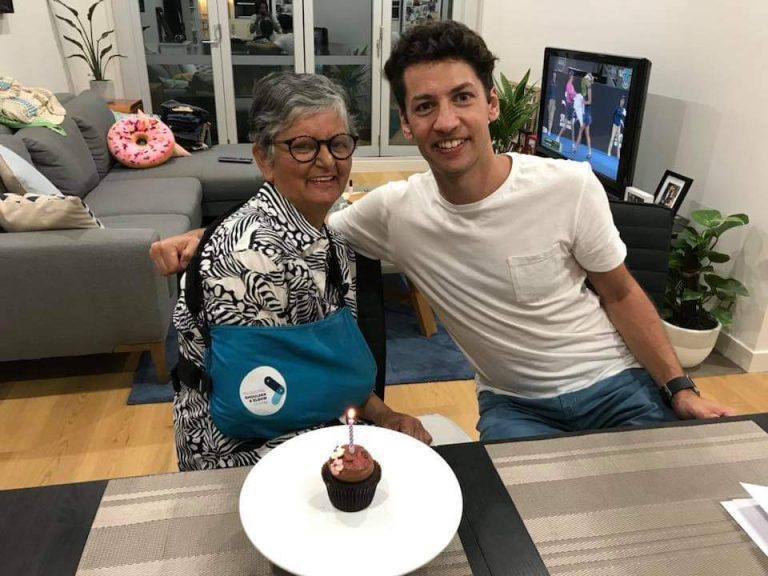
The constant drinking had a myriad of medical implications on her body. Her work also started to suffer, colleagues noticing changes in Mum’s behaviour, appearance, and performance.
Previously in this job, and throughout her life as an adult and a mother, my mum had been the epitome of hard work. Mum eventually had to stop working due to one particular incident at work. Not long after, we moved Mum into a retirement village, hoping a more community-based environment might improve her mental health and decrease the need for solo drinking. It did the opposite. Her sense of isolation increased, and her mental health deteriorated. After another long hospital admission, Mum’s medical team told us plainly that at the age of just 63, she needed 24-hour care. So, my family and I had to make the heart-breaking decision to move Mum into aged care.
2019 saw the arrival of my daughter, which I thought would have been an incentive for Mum to change her relationship with alcohol. While she had so much love for her only grandchild, it still wasn’t enough. I would take her to visit Mum as much as I could, but it became more from a sense of obligation than love. The years of heartache trying in vain to help Mum had taken their toll. I basically grieved for Mum over these years, going through periods of empathy and understanding, sadness, but also resentment and anger.
Mum's battle with alcohol would give me cause to reflect on my drinking history and my relationship with alcohol.
My wife and I watched Shaun Micallef’s brilliant doco series ‘On the Sauce,’ and it had a profound effect on us. It was the catalyst to start my own “sober curious” journey, sourcing material on this lifestyle from podcasts, books and online, while also starting to try alcohol-free alternatives, such as non-alcoholic beer and mocktails. After successfully doing a couple of sober stints, I decided 2021 would be a booze-free year.
The experiment was a success for me. I didn’t miss alcohol and I didn’t feel like I lost anything by not drinking. I discovered some great alcohol-free alternative drinks that I enjoyed and I relished a year without experiencing any hangovers. However, that year presented other significant challenges for me, including enduring more Covid lockdowns in Melbourne, parenting a vivacious toddler, and losing my father to cancer. Despite these difficulties, I stuck to my plan, which resulted in me feeling happier, healthier, and more present as a husband and father.
In May 2022, we received the news that Mum’s chronic liver disease had reached its end stage, and she was referred to the palliative care team. Mum passed away in late November, leaving us with a range of emotions. Though I had been grieving her for some time, her passing was still overwhelming, filled with regret, disappointment, empathy, resentment, pain, and deep sadness. Writing her funeral speech was difficult. I remembered her as a caring mother, devoted daughter, and active community member, but struggled to see past the gloom that her drinking had cast over the last few years.
On the night of my mum's funeral, I joined the Hello Sunday Morning Kozi Moonlight Challenge, which I had previously considered, but felt wasn't the right time.
But now, it felt like a positive way to deal with the darkness of Mum’s story and aid in my own healing journey. I hope to honour her memory and make a difference by preventing others from experiencing the same pain.
Want to know how Shea went on the Hello Sunday Morning’s Kozi Moonlight Adventure? Did he reach the summit of Australia’s highest peak in time for the sunrise? Stay tuned! This is the end of the first part of Shea’s story. In the second part, Shea will be sharing how the challenge went, the community he has found since publicly talking about his mum and his thoughts on the future.
Learn more about Hello Sunday Morning’s Moonlight Mt Kozi Trek and check out Shea’s fundraising page.


